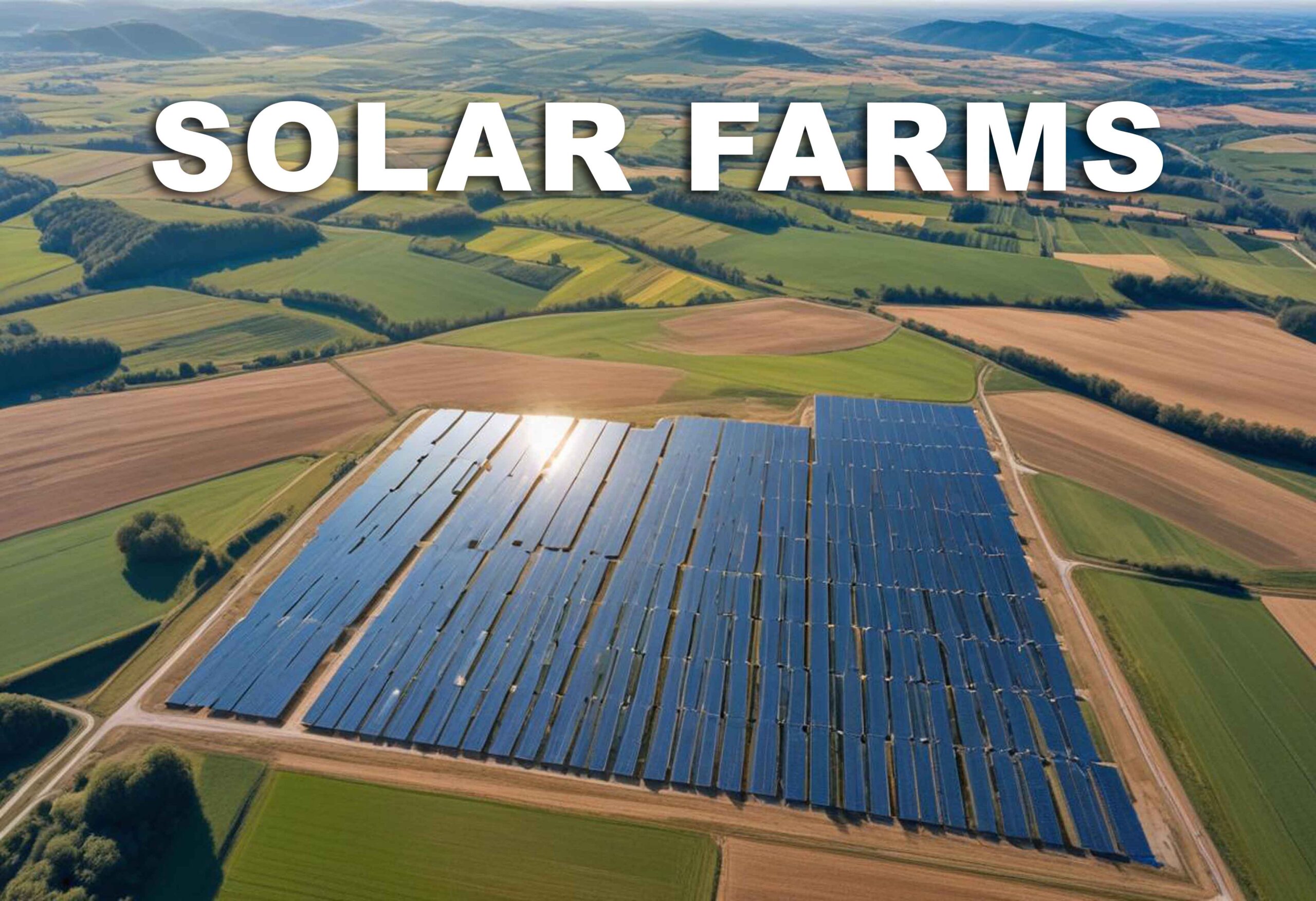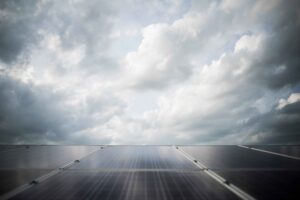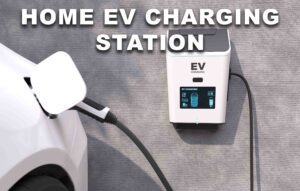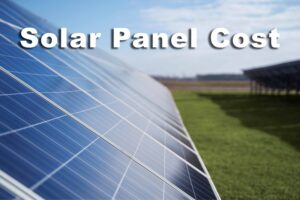Solar farms represent an innovative solution to harnessing renewable energy on a larger scale. As the world shifts towards sustainable practices, understanding solar farms and their importance is crucial for individuals and businesses alike. In this article, we will explore what a solar farm is, its benefits, and whether you might need one for your energy needs.
Definition of a Solar Farm
A solar farm, also known as a solar power plant, is a large-scale installation that utilizes numerous solar panels to capture sunlight and convert it into electricity. These farms are typically situated in open fields or large areas where sunlight exposure is maximized. Unlike rooftop solar panels, which are installed on individual homes or buildings, solar farms aggregate the solar energy produced from multiple panels, generating substantial amounts of electricity.
Types of Solar Farms
Solar farms can be categorized into different types based on their configurations and purposes:
- Utility-Scale Solar Farms: These large installations provide energy directly to the grid. They are typically built by energy companies to supply power to residential and commercial consumers.
- Community Solar Farms: These are smaller installations that allow multiple participants to share the solar power generated, making renewable energy accessible to those who may not have suitable locations for solar panels.
- Agrivoltaic Solar Farms: This innovative approach combines solar energy generation with agricultural practices, allowing farmers to produce crops while generating electricity.
Key Components of a Solar Farm
Understanding the essential components of a solar farm can help in grasping its operation:
- Solar Panels: The heart of the solar farm, these panels convert sunlight into direct current (DC) electricity.
- Inverters: These devices transform DC electricity into alternating current (AC), which is the form of electricity used in homes and businesses.
- Mounting Systems: Solar panels are mounted on structures that keep them angled toward the sun for optimal energy absorption.
- Energy Storage Systems: Batteries are often included in solar farms to store excess energy for use during cloudy days or nighttime.
- Monitoring Systems: These tools track the performance of the solar farm, ensuring optimal energy production and identifying maintenance needs.
Benefits of Solar Farms
Solar farms offer a plethora of benefits that contribute to their growing popularity:
1. Environmental Advantages
Solar farms play a significant role in reducing carbon emissions and reliance on fossil fuels. By generating clean, renewable energy, they help combat climate change and decrease air pollution. The transition to solar energy contributes to a healthier planet for future generations.
2. Economic Impact
Investing in solar farms creates jobs in manufacturing, installation, and maintenance. Additionally, they can stimulate local economies by providing a stable energy source and reducing electricity costs for consumers.
3. Energy Independence
Solar farms contribute to energy independence by decreasing reliance on imported fuels. Countries can harness their natural resources, making them less vulnerable to global energy price fluctuations.
4. Scalability
Solar farms can be constructed to various scales, from small community projects to expansive utility-scale installations. This flexibility allows for tailored energy solutions to meet specific needs and demands.
5. Grid Stability and Resilience
Solar farms enhance grid stability by diversifying energy sources and reducing the risk of outages. They can also provide backup energy during peak demand times, contributing to a more resilient energy system.
Do You Need a Solar Farm?
Determining whether you need a solar farm depends on several factors, including your energy consumption, budget, and available space. Here are some considerations to help you make an informed decision:
Energy Demand
Assess your energy needs and consumption patterns. If you require a significant amount of electricity or wish to lower your energy costs substantially, a solar farm may be a viable solution.
Available Land
Evaluate the land available for a solar installation. Solar farms require ample space to maximize efficiency. If you have access to open land, it may be suitable for a solar farm.
Financial Considerations
Investigate the financial implications of setting up a solar farm. While initial investments can be substantial, various incentives, tax credits, and financing options are available to help offset costs.
Long-Term Sustainability Goals
Consider your long-term sustainability goals. If your organization or community is committed to reducing carbon footprints and embracing renewable energy, a solar farm aligns with those objectives.
Conclusion
Solar farms represent a crucial step toward a sustainable future, providing numerous environmental, economic, and energy benefits. Understanding their operation, components, and advantages will empower individuals and organizations to make informed energy decisions. As the demand for renewable energy continues to grow, solar farms will play an integral role in shaping our energy landscape. Whether you are a homeowner, a business owner, or a community leader, considering the potential of a solar farm could be a pivotal move toward achieving energy independence and sustainability.











